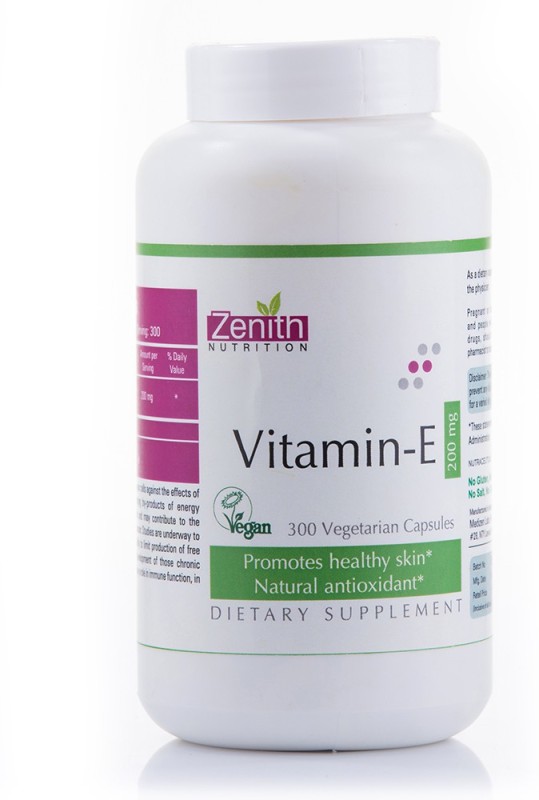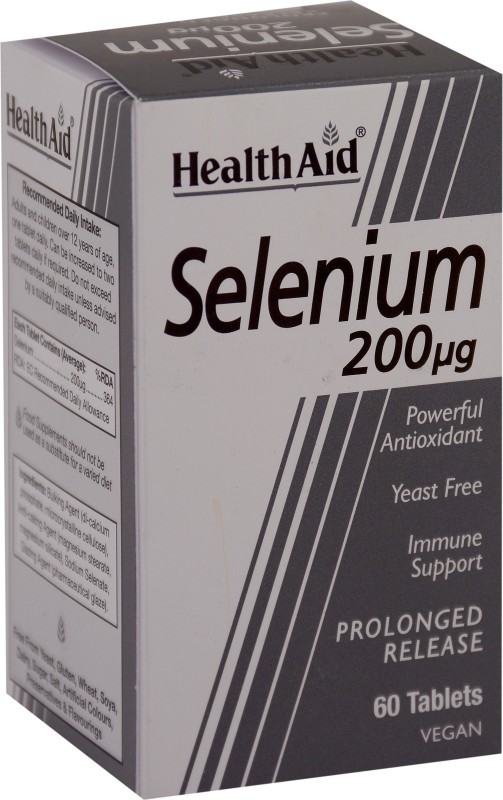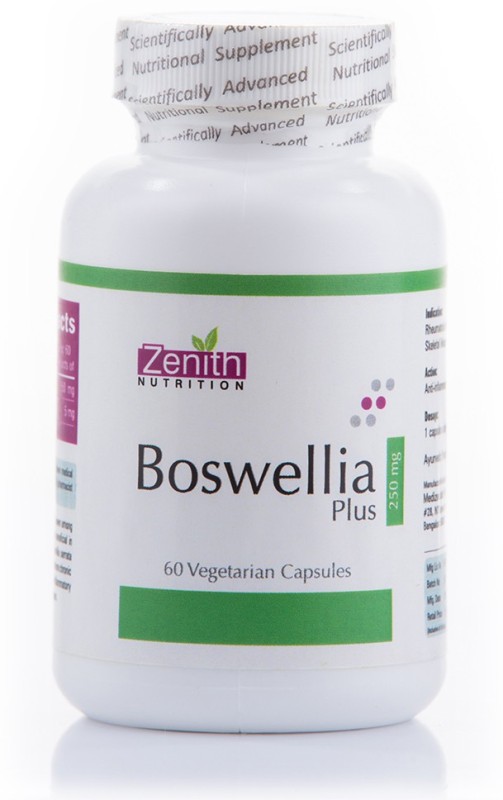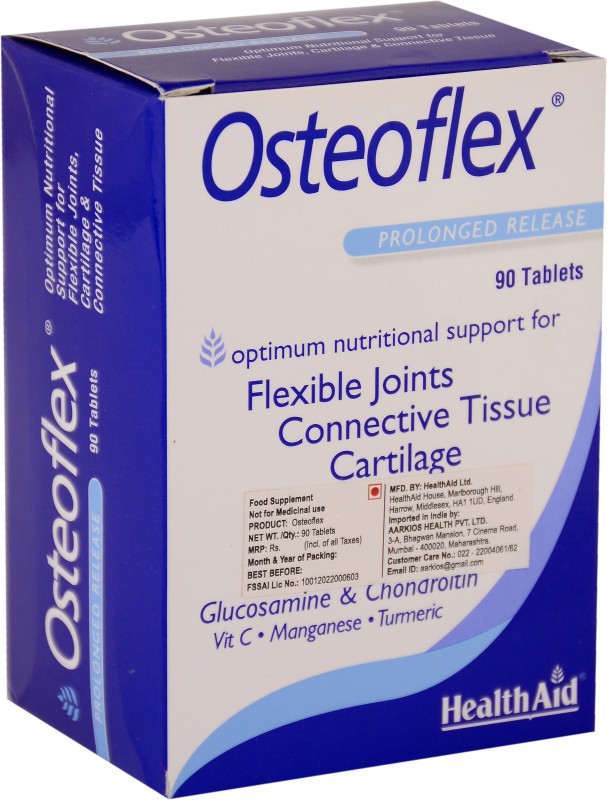Description
vitamin E act to protect your cells against the effects of free radicals, which are potentially damaging by-products of energy metabolism. Free radicals can damage cells and may contribute to the development of cardiovascular disease and cancer. Studies are underway to determine whether vitamin E, through its ability to limit production of free radicals, might help prevent or delay the development of those chronic diseases. Vitamin E has also been shown to play a role in immune function, in DNA repair, and other metabolic processes Natural vitamin E an effective antioxidant. Natural Vitamin E is an more effective antioxidant, when compared to the synthetic form. Vitamin E is a fat-soluble vitamin. The term “Vitamin E” refers to a family of eight related, lipid-soluble, antioxidant compounds widely distributed in plants. The tocopherol and tocotrienol subfamilies are each composed of alpha, beta, gamma and delta, and all possess unique biological effects. Different ratios of these compounds are found in anatomically different parts of a plant.





Reviews
There are no reviews yet.